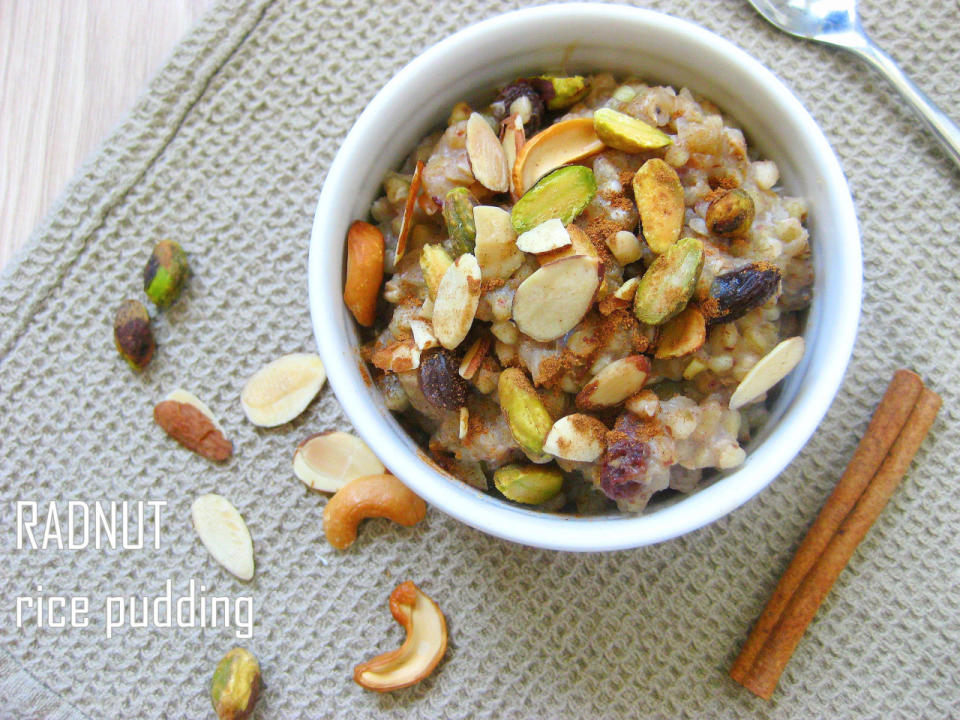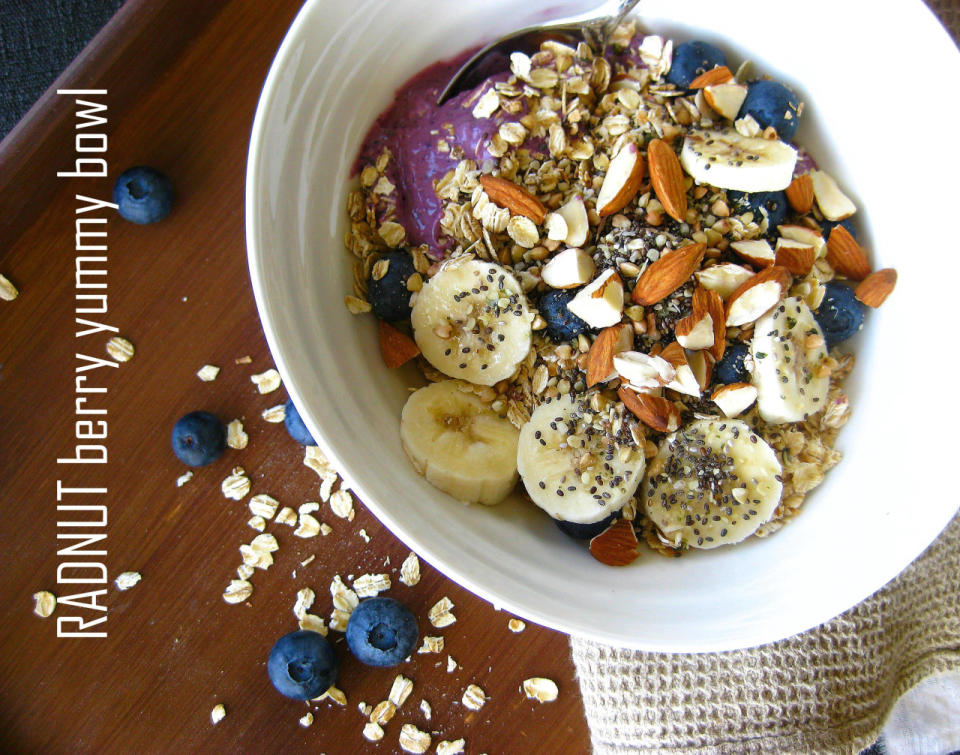Is your diet changing your gut bacteria?
Did you know you have trillions of bacteria living inside your body right now? And that’s not a bad thing.
These bacteria form the microbiome and when functioning well, these little microbes protect you from harmful invaders, help build your immune system, and play a role in vitamin and short chain fatty acid synthesis.
Imbalances in the intestinal microbiome has been linked to the potential for autoimmune disorders, irritable bowel syndrome, irritable bowel disease, cardiovascular disease and even obesity and metabolic syndrome. Research is constantly ongoing and emerging in this field.
An interesting fact is that your microbiome is completely different and unique when compared to another individual’s. We are colonized when we are born by the microbes in our environment, then furthermore when we’re exposed to breastmilk or formula, and when we begin to eat solid foods.
Once theory suggests that with the emergence of agriculture, animal husbandry, sanitation, and antibiotics, our microbiome has transformed into one that more easily allows the growth of pathogenic bacteria, resulting in allergies, autoimmune disorders, and irritable bowel disease.
The proposition is that depending upon our environment and what we eat, certain harmful or beneficial bacteria are promoted to grow in the body.
To test the effects of diet and environment on gut bacteria, Fillipo et al. conducted a small study in 2010 comparing the fecal microbiota of European children to the fecal microbiota of children from a rural African village.
The European children. who lived in urban areas in Florence, Italy, had been breastfed for a year and consumed a diet that was high in animal protein, fat, starch, sugar, and low in fibre.
The African children, who lived in rural Boulpon in Burkina Faso, were breastfed for up to two years and consumed a diet low in animal protein and fat, and high in starch, plants and fibre. Their food came from nearby villages and specifically included millet, sorghum, black-eye peas, and vegetables. During the rainy season, these children sometimes consumed small amounts of chicken or termites.
The researchers found that the African children had a greater proportion of short chain fatty acid producing bacteria (which are thought to have anti-inflammatory properties) and greater microbial diversity when compared to the European children. The African children also had lower proportions of harmful, diarrhea causing Shigella and Escherichia bacteria than the European children.
Although the study mentioned above is small and research in this area is ongoing, it is widely known that a diet low in processed sugars and high in fibre and plants is associated with lower cholesterol, improved cardiovascular health, improved blood sugar control, decreased inflammation, and decreased risk of certain cancers.
Why not make peace with your body and the microbiome in your gut and try out some of my signature plant-powered meals and snacks below.
For more creative, delicious, healthy, recipes and expert nutrition information, stay connected with me at RADNUT, Twitter, Facebook, and Instagram!







